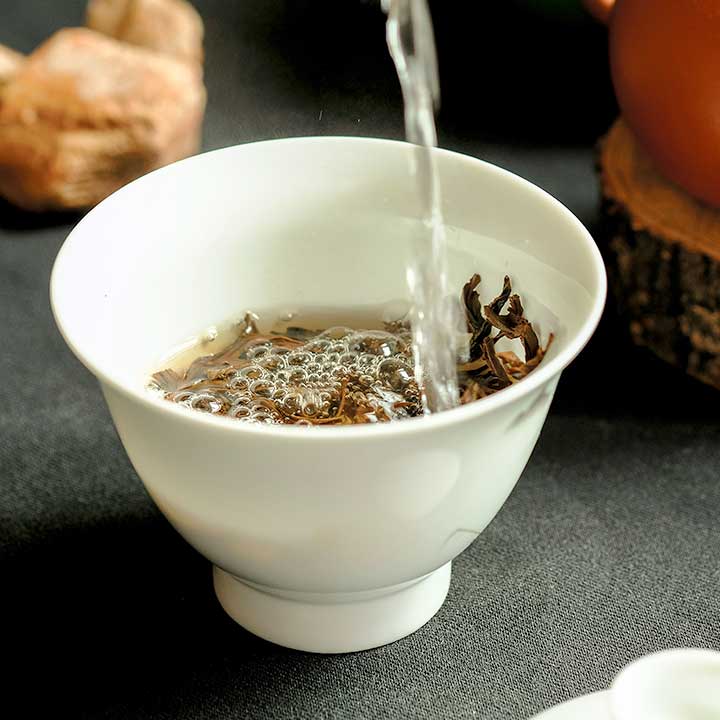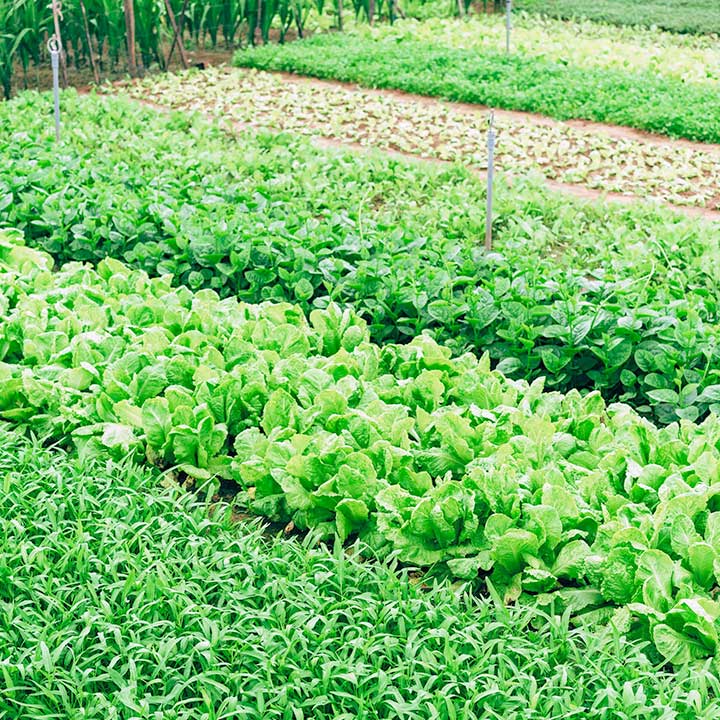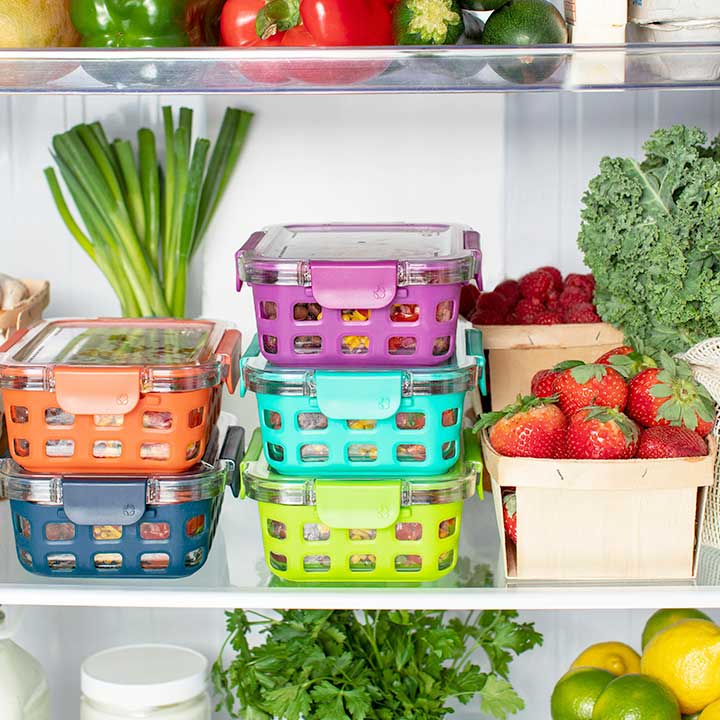
What is Freeze Drying
Freeze-drying is a method of preserving food by first freezing it and then reducing the surrounding pressure to allow the frozen water in the food to sublimate directly from the solid phase to the gas phase. This process maintains the food’s molecular structure, nutritional content, and flavor.


How Was It Founded
The origins of freeze-drying trace back to World War II, initially developed for preserving blood plasma and medical supplies. NASA later advanced the technology to provide astronauts with lightweight, nutrient-rich meals. Over time, this technology was adapted for food preservation, becoming a popular method for maintaining the quality and shelf life of various foods.
Benefits
Nutrient Retention:
Freeze-drying retains up to 93% of the original nutrients and vitamins, more than any other preservation method.
Flavor and Texture:
Maintains the original taste and texture of the food.
Shelf Life:
Freeze-dried foods can be stored for up to 20 years without the need for refrigeration.
Lightweight and Portable:
The removal of water makes the food much lighter and easier to transport.
No Preservatives:
Preserves food naturally without the need for artificial preservatives.
Comparison with Dehydration and Canning
Nutritional Value
Freeze-drying preserves more nutrients than dehydration (which retains about 60% of nutrients) and canning (which retains about 40%).
Texture and Flavor
Freeze-dried foods retain their original texture and flavor better than dehydrated or canned foods, which often become mushy or rubbery.
Shelf Life
While dehydrated and canned foods have a shelf life of 1-5 years, freeze-dried foods last significantly longer.
Uses
- Travel and Outdoor Activities: Ideal for camping, hiking, and traveling due to their lightweight and long shelf life.
- Emergency Preparedness: Perfect for stocking up emergency food supplies.
- Health-Conscious Eating: Suitable for those who prioritize nutrient-rich and preservative-free food.
- Everyday Convenience: Great for quick, healthy meals and snacks at home, school, or work.
- Special Diets: Convenient for individuals with dietary restrictions or preferences, offering a variety of meal options.


Limitations
- Not Suitable for All Foods: Foods with a high sulfur content: fatty meats, butter, chocolate, jams, nuts, heavy cream, mayonnaise, etc. do not freeze dry well.
- Rehydration: Some foods require rehydration before consumption, which might not always be convenient.
